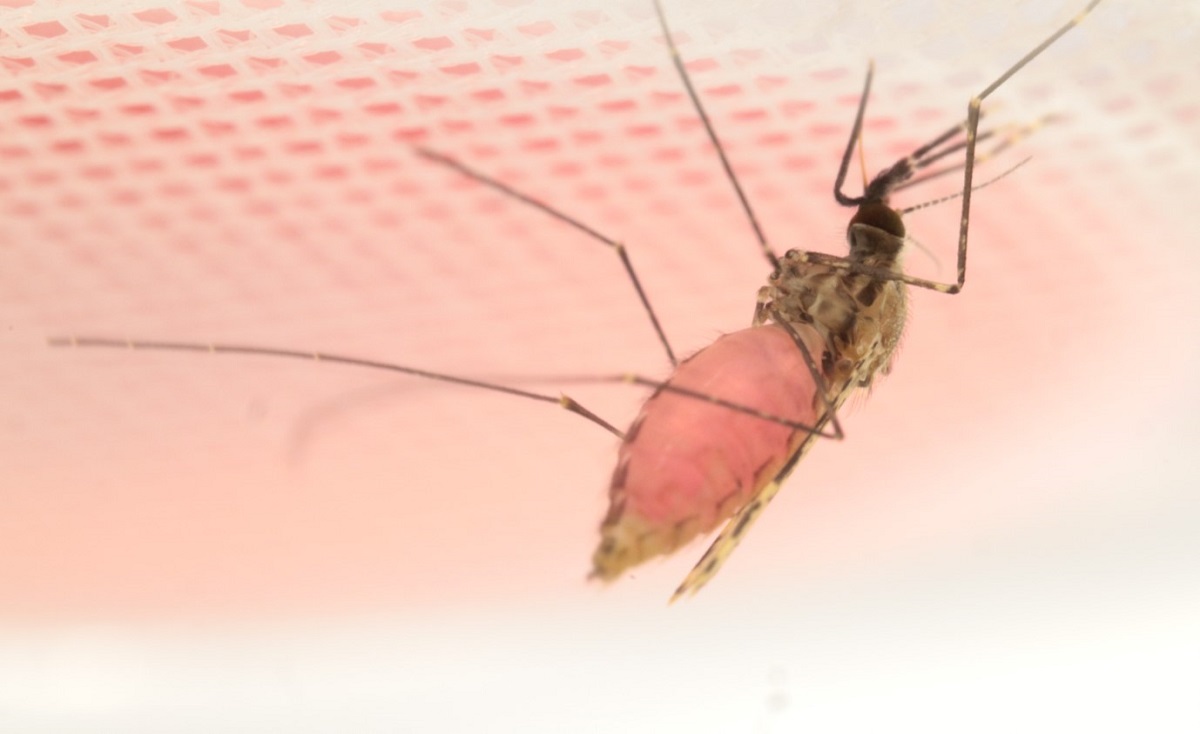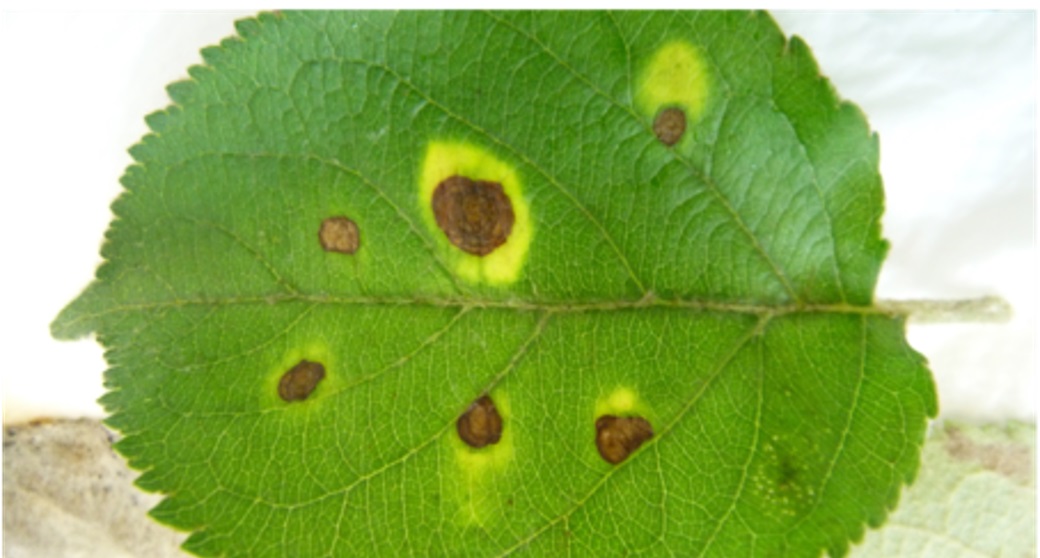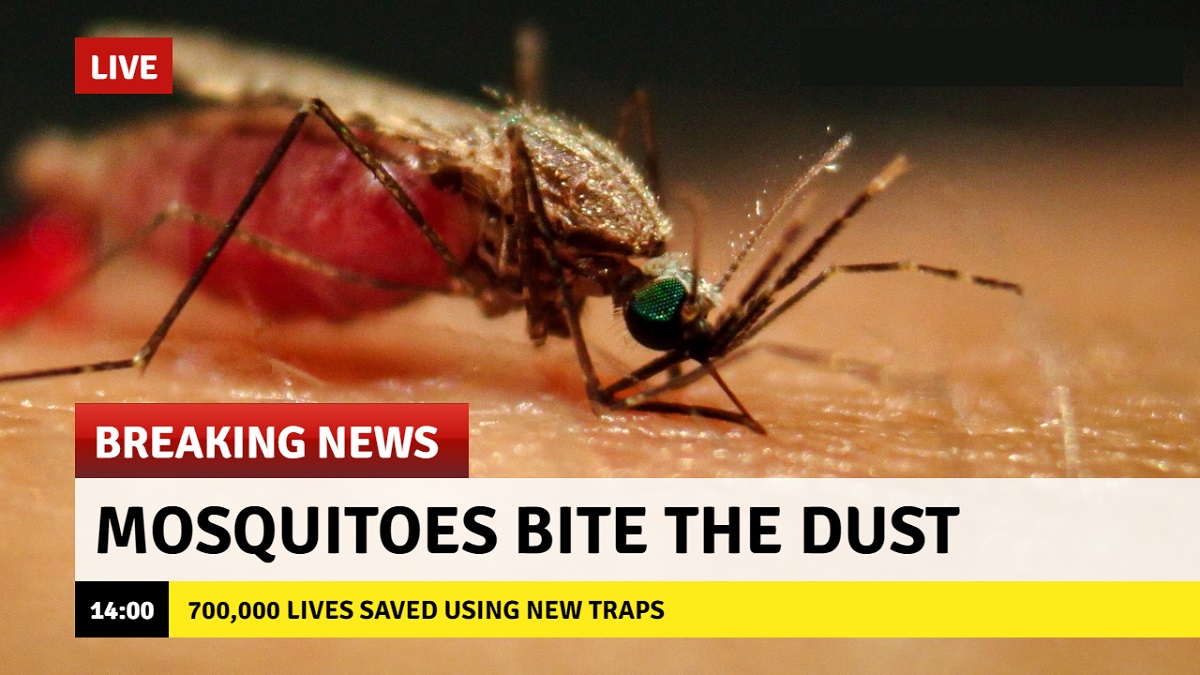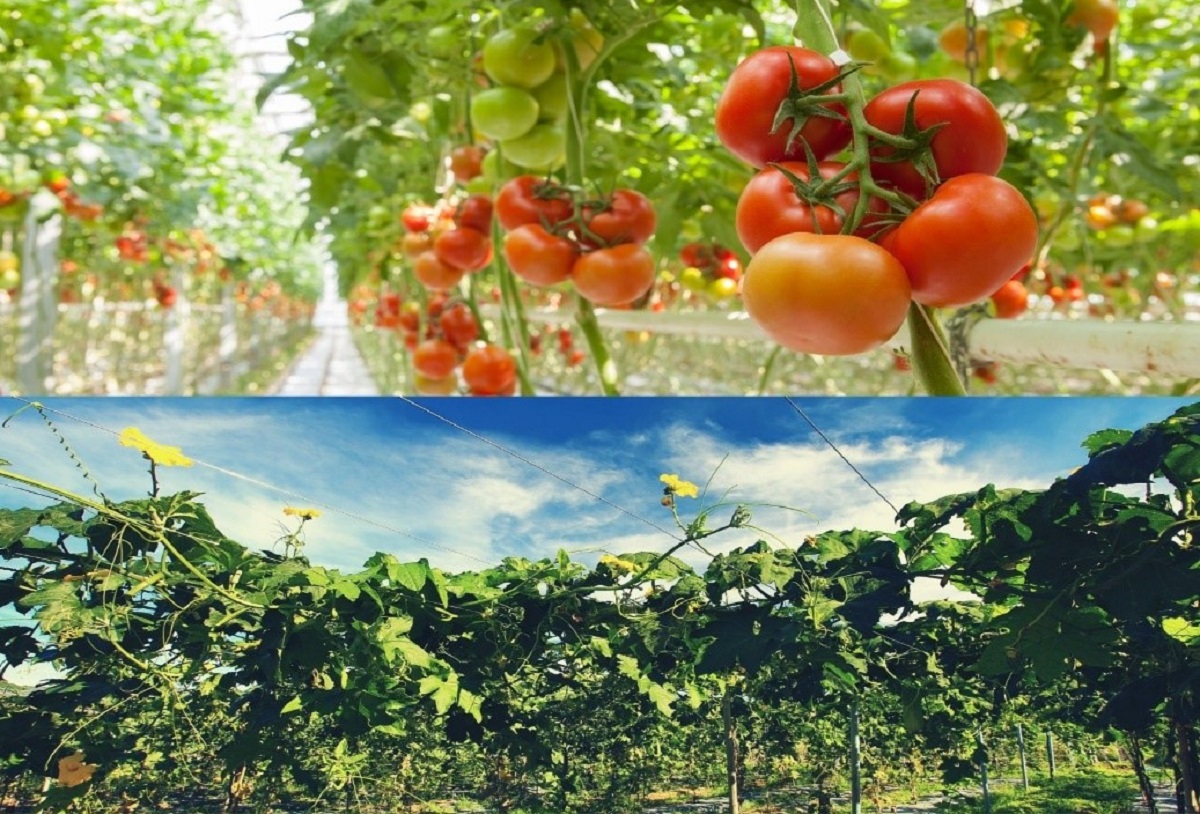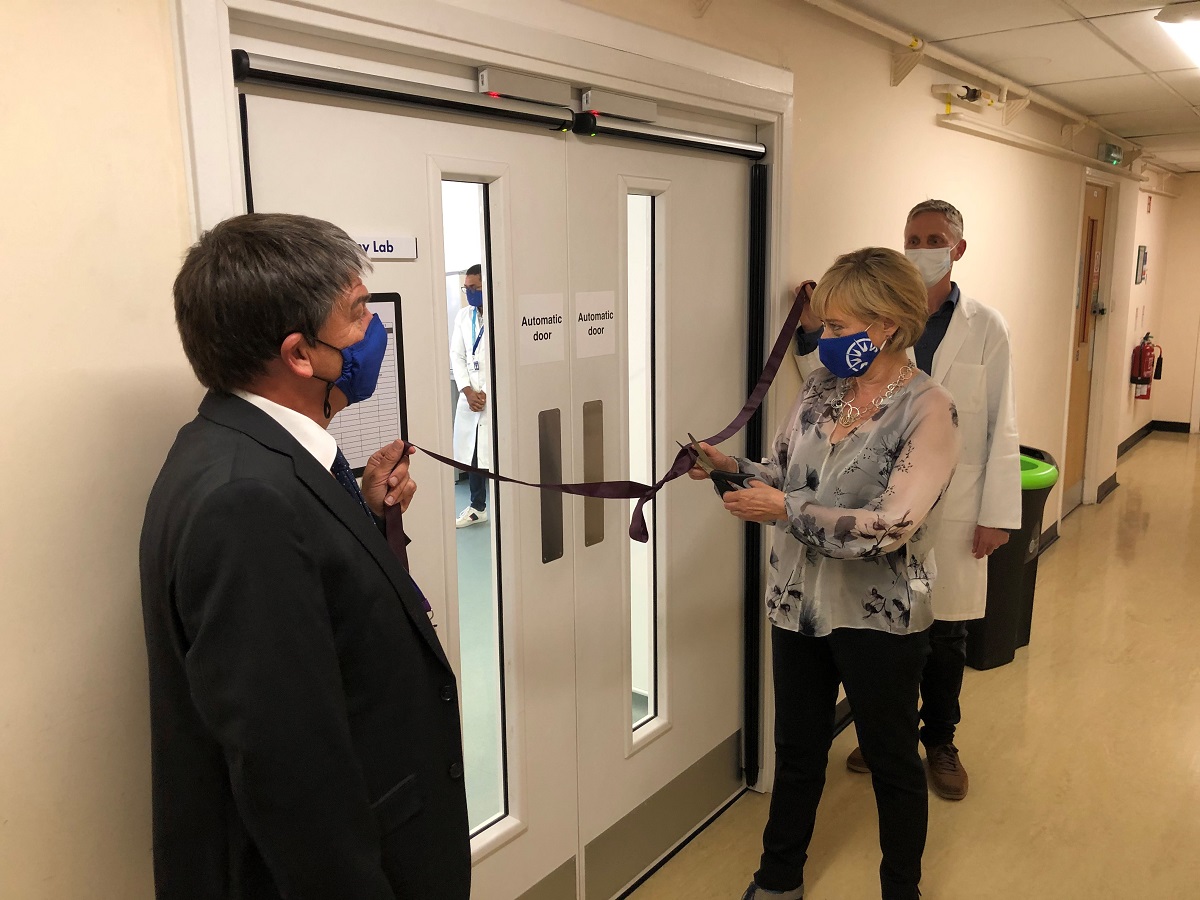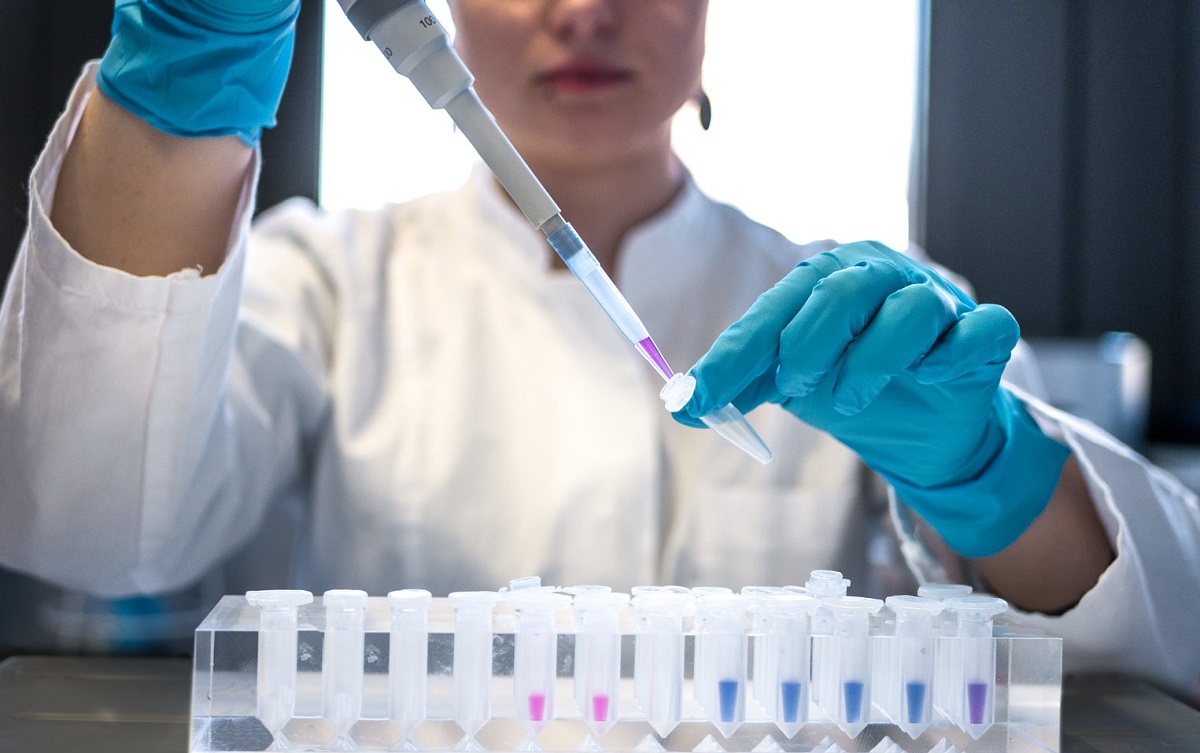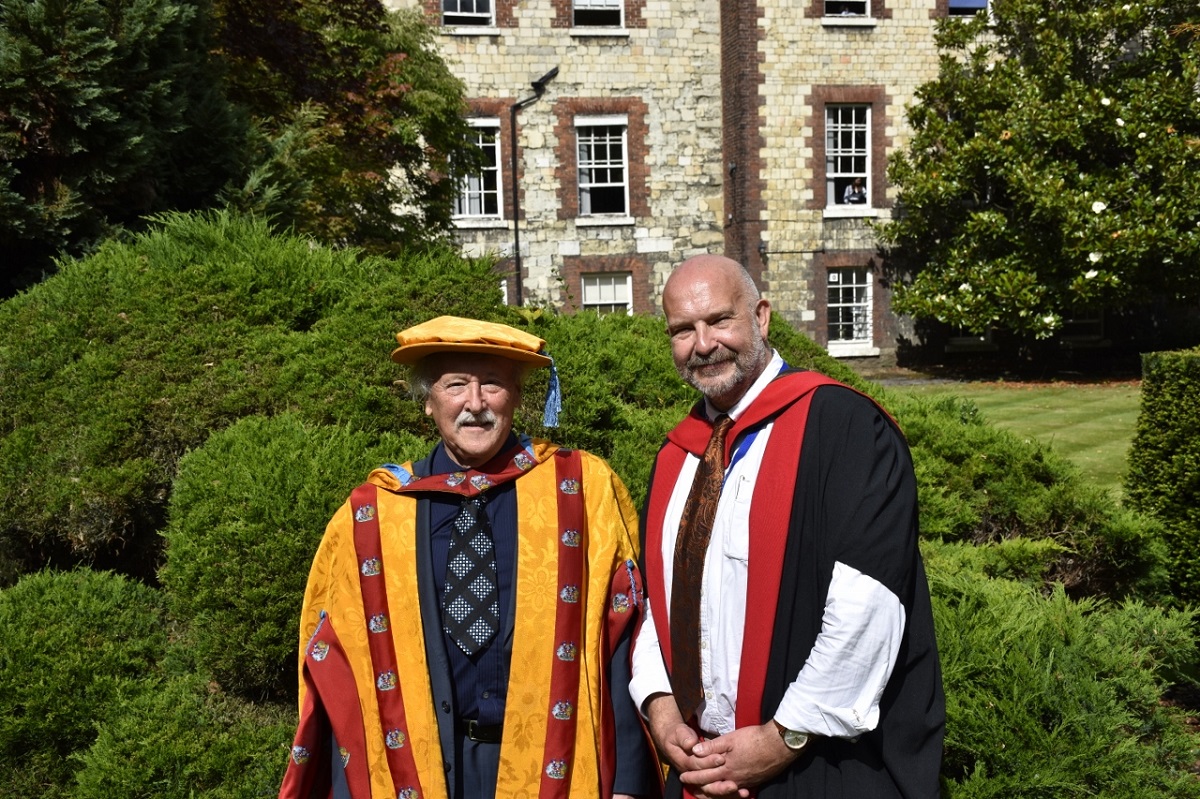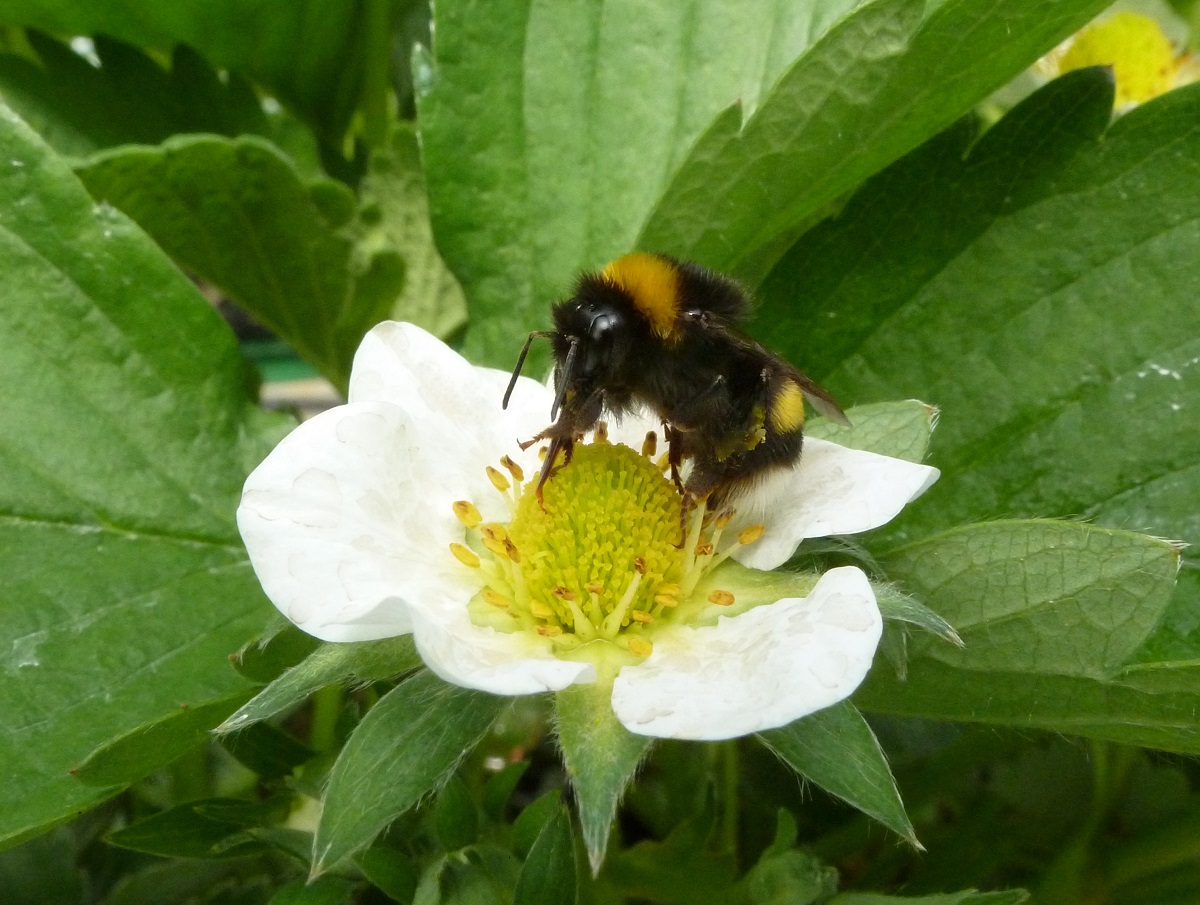News - 2021
When mosquitoes bite humans to get their favourite meal of blood, they can quickly spread dangerous diseases. Noushin Emami, Associate Professor in Bioinformatics at NRI, wanted to find out if mosquitoes can be tricked into drinking something that...
2020 was the International Year of Plant Health (IYPH), set up by the Food and Agriculture Organization (FAO) of the United Nations as a significant opportunity to celebrate the benefits of healthy plants. As some key initiatives were postponed...
NRI PhD student Manuela Carnaghi’s winning streak continues apace, with her recent victory in the National Three Minute Thesis – 3MT – competition where doctoral researchers compete to deliver the best research presentation in just three minutes...
Every year, viral diseases wreak havoc on tomato and cucurbit (squash, pumpkin, courgette) crops worldwide, causing losses of around Euros 3.5bn in Europe alone. The EU-funded VIRTIGATION project has been launched to combat emerging viral diseases...
On Wednesday 22 September, NRI officially opened three new buildings at its Medway campus, all dedicated to boosting agronomy and food product development at the University of Greenwich.
Bradley Cory dreamed of becoming a commercial airline pilot, but a life-changing incident that happened when he was just 16 forced a total reassessment of his future. Obtaining his first degree at the University of Greenwich and working on his PhD...
NRI’s Dr Steve Harte is inviting all Early Career Researchers (ECRs) to come to the first ever showcase event which will be held at the University of Greenwich Medway Campus on Wednesday 6th October, from 1pm–3pm.
Humanitarian interventions often lag behind early warning of threats to food security. Variations in climate and conflict conditions are among the most important factors preceding disruptions tied to food system failures and malnutrition crises...
Professor Robert Cheke has been awarded a prestigious Doctor of Science degree by the University of Greenwich, in recognition of his research on birds, insects, crops and diseases that spans a period of fifty years. The award was made at a Ceremony...
Dr Uche Okpara, Fellow in Climate Change and State Fragility at NRI, has been awarded a prestigious ‘Future Leaders Fellowship’ for a programme of work on prosperity and peace in countries facing interrelated risks of conflict and climate change.
Last week the IPCC – Intergovernmental Panel on Climate Change - published the ‘Working Group I’ contribution to the 6th Assessment Report (AR6), focusing on physical changes to the Earth’s system - past, present and future - associated with a...
A new study reveals that giving bumblebees a blend of caffeine, sugar and flower aromas whilst still in their nest, before they go foraging, can help them target specific flowers and pollinate them more effectively.


